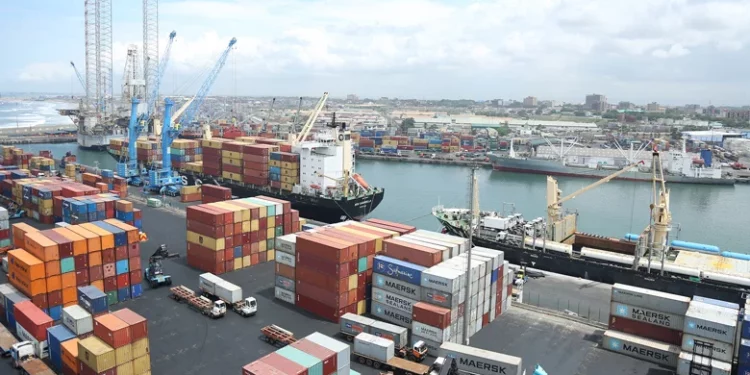Ghana Slapped With 10% Tariff Access to US Market as Trade War Escalates
Ghana’s duty-free access to the US market under the African Growth and Opportunity Act (AGOA) has been abruptly terminated with a 10% tariff imposition on exports to the US market, marking a significant blow to the country’s export sector.
The move comes as part of Washington’s newly announced reciprocal tariff measures, which have also affected several major economies, including China, Vietnam, the European Union, and even Israel.
Under the new regime:
Vietnam faces a 46% tariff rate
China will see a combined 54% tariff when added to Trump’s existing 20% levy
The European Union is subject to a 20% tariff
Even Israel has not been exempted
Implications for Ghana’s Export Strategy
The removal of AGOA privileges represents a major setback for Ghana’s Accelerated Export Strategy, which relies heavily on access to US markets for processed cocoa, textiles, and agricultural products. The decision could lead to a sharp decline in export revenues, increased costs for Ghanaian exporters, and potential job losses across key industries.
Trade analysts warn that Ghana’s exports could struggle to remain competitive without preferential tariff treatment. While African economies had hoped for an AGOA renewal, the latest decision suggests a shift towards reciprocal trade agreements, potentially forcing Ghana into a bilateral trade negotiation with the US.
Broader Global Trade War
The aggressive tariff policy has heightened global trade tensions, with expectations of retaliatory measures from affected countries. China, the EU, and other key US trading partners are likely to respond in kind, potentially leading to a full-scale trade war with widespread economic consequences.
With Ghana’s non-traditional exports already facing global headwinds, the government may need to urgently explore alternative trade arrangements to cushion the impact of this policy shift. The potential for diversification into regional and European markets could be explored, though any new agreements will take time to materialize.
As the trade war escalates, Ghanaian policymakers and exporters will need to reassess market strategies, particularly in light of the looming uncertainty in global trade relations.








